Search Results
Showing results 1 to 9 of 9
Healthy Buffet
Source Institutions
In this nutrition activity (page 2 of the PDF), learners will be split up into food groups (Fruit, Vegetable, Meat & Beans, Grain, and Dairy) and draw a picture of their favorite food from their g
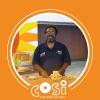
Food Chains
Source Institutions
In this activity, learners will explore the roles of different animals in the food chain. They will create their own food chain using organisms of their choice.
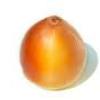
DNA From an Onion
Source Institutions
In this genetics activity, learners extract DNA from an onion, using detergent solution, a food processor, and rubbing alcohol. They will also discuss genetic engineering of plants.
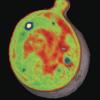
Breathing Yeasties
Source Institutions
In this life science activity (page 8 of the PDF), learners explore the carbon cycle by mixing yeast, sugar and water.
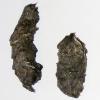
Owl Pellets
Source Institutions
In this activity (page 7 of the PDF), learners will investigate the contents of owl pellets. Learners will discover how owls digest their food as well as the kind of animals they eat.
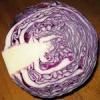
Cabbage Patch Chemistry
Source Institutions
In this chemistry activity, learners will learn how to make their own pH indicator using cabbage leaves, and then test common household items with their homemade indicator.
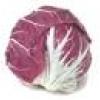
Cabbage Chemistry
Source Institutions
In this chemistry activity (page 5 of the PDF), learners make an acid-base indicator using cabbage. Learners then explore how various subtances react with this indicator.
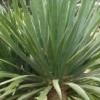
How Plants Grow
Source Institutions
In this biology activity (page 3 of the PDF), learners will explore how plants turn sunlight into food through a process called photosynthesis.
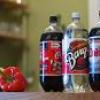
Make Your Own Soda Pop
Source Institutions
In this chemistry activity (page 8 of the PDF), learners will identify the instances of physical change, chemical change, and solutions while making homemade soda pop.
